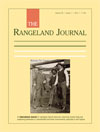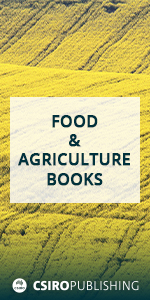RJ11045Sir Sidney Kidman: Australia's cattle king as a pioneer of adaptation to climatic uncertainty
Despite concentrating his properties in the most arid rangelands around the ‘dead heart’ of Australia, the legendary cattle king Sir Sidney Kidman overcame a highly variable and unpredictable climate. Because his properties formed chains that straddled stock routes, he created flexible options for droving cattle to market during drought, even when others could not. Kidman exemplifies the need for strategic flexibility, rather than deterministic responses in adapting to the uncertainties of climate change.




